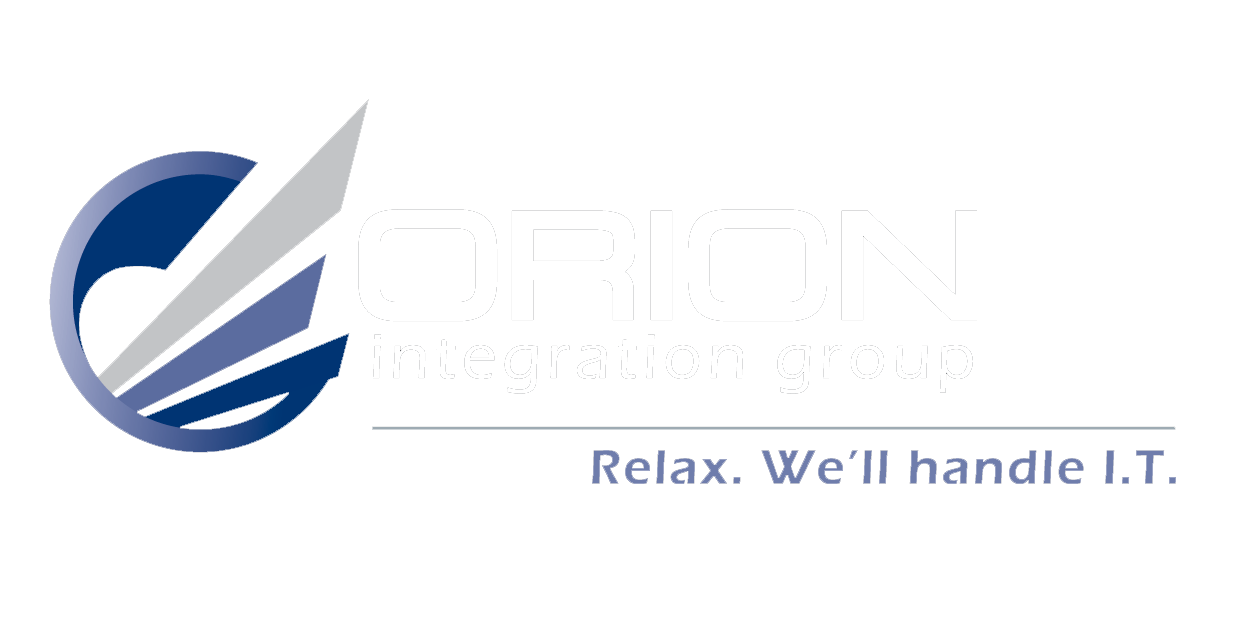Zero Trust vs. Traditional Security: Which Model Is Safer
As cyber threats grow more sophisticated, many businesses are asking a crucial question: Is traditional perimeter-based security still enough? The rise of remote work (see our blog), along with cloud computing and mobile devices, has exposed the limitations of legacy systems. Enter Zero Trust Security - a modern framework built around a simple yet powerful principle: "Never Trust, Always Verify."
In this blog, we’ll compare Zero Trust vs. Traditional Security, explore key differences, and share recommendations for implementing Zero Trust in your organization.
What Is Zero Trust Security?
Zero Trust Security is a cybersecurity model that assumes no user or device - whether inside or outside the network - should be trusted by default. Every access request is treated as a potential threat until verified through strict authentication, authorization, and continuous monitoring.
Key Concept: “Never Trust, Always Verify”
Unlike traditional models that implicitly trust users once they’re inside the network perimeter, Zero Trust mandates that every access request must be verified - regardless of location, device, or prior access.
Traditional Security: Perimeter-Based Protection
Traditional security models rely on building a strong perimeter. Think firewalls, VPNs, and intrusion detection systems. The assumption? If a user or device is inside the network, it must be trustworthy.
Weaknesses of Perimeter-Based Security
- Implicit Trust: Once inside, attackers can move laterally through systems.
- VPN Overload: With remote work, VPNs can become bottlenecks and single points of failure.
- Lack of Visibility: It's harder to detect internal threats or unusual activity.
- Cloud and BYOD Exposure: Legacy systems struggle to secure cloud applications and employee-owned devices.
Comparing Security Models: Zero Trust vs. Traditional
Let’s break it down:
Traditional Security:
- Trust Model: Implicit trust inside the network
- Authentication: Usually one-time login
- Access Control: Broad access based on roles
- Breach Containment: Lateral movement is easy
- VPN Reliance: Heavy
- Device Visibility: Limited
Zero Trust Security:
- Trust Model: No implicit trust - always verify
- Authentication: Continuous, contextual verification
- Access Control: Granular, least-privilege access
- Breach Containment: Micro-segmentation limits spread
- VPN Reliance: Often replaced by identity-based access
- Device Visibility: Real-time device and user verification
How To Start Improving Your Security Today
Transitioning to Zero Trust doesn’t happen overnight, but you can take steps today to move in the right direction:
- Assess Your Current Environment
Identify users, devices, applications, and data flows. Determine your biggest security gaps. - Adopt Multi-Factor Authentication (MFA)
A critical first step in zero trust implementation is securing identity with MFA. - Segment Your Network
Use micro-segmentation to isolate workloads and limit lateral movement. - Use Identity and Access Management (IAM)
Enforce least-privilege policies and limit access based on user roles and behavior. - Monitor and Analyze Everything
Implement real-time monitoring to detect anomalies and enforce adaptive access controls. - Move Beyond VPNs
Consider alternatives like zero trust access solutions that rely on identity, context, and risk scoring.
Is Zero Trust Safer?
In short - yes. Zero Trust offers a far more resilient and adaptive approach to cybersecurity than traditional perimeter defenses. As attack surfaces expand and threats evolve, businesses must shift from static defenses to dynamic, identity-driven security.
Final Thoughts
Traditional security models served their purpose in a world of on-premises systems and static perimeters. But today’s threat landscape demands more. By implementing Zero Trust, businesses can reduce risk, improve visibility, and better protect their users, devices, and data - wherever they are.
Contact Orion Integration Group to start your Zero Trust journey today. Never trust, always verify.




